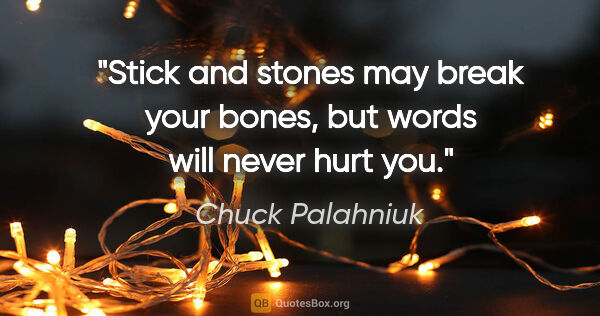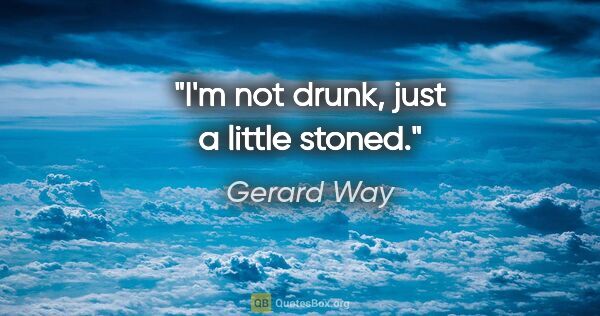Stone Quotes (page 30)

When, after a long life, it falls out. That he takes on a form he had sought. And every word carved in stone. Grows its hoarfrost, what then? Torches. Of Dionysian choruses in the dark mountains. From when he comes. And half of the sky. With its snaky clouds. A mirror before him. In the mirror the already severed, perishing. Thing.
Czeslaw Milosz
As Kingfishers Catch Fire. As kingfishers catch fire, dragonflies draw flame; As tumbled over rim in roundy wells. Stones ring; like each tucked string tells, each hung bell's. Bow swung finds tongue to fling out broad its name; Each mortal thing does one thing and the same: Deals out that being indoors each one dwells; Selves -- goes itself; _myself_ it speaks and spells, Crying _What I do is me: for that I came_. I say more: the just man justices; Keeps grace: that keeps all his goings...
Gerard Manley Hopkins
Three Rings for the Elven-kings under the sky, Seven for the Dwarf-lords in halls of stone, Nine for Mortal Men, doomed to die, One for the Dark Lord on his dark throne. In the Land of Mordor where the Shadows lie. One Ring to rule them all, One Ring to find them, One Ring to bring them all and in the darkness bind them. In the Land of Mordor where the Shadows lie.
J. R. R. Tolkien

but as he plodded along a vague and almost hallucinatory pall hazed over his mind; he found himself at one point, with no notion of how it could be, a step from an almost certain fatal cliffside fall—falling humiliatingly and helplessly, he thought; on and on, with no one even to witness it. Here there existed no one to record his or anyone else's degradation, and any courage or pride which might manifest itself here at the end would go unmarked: the dead stones, the dust-stricken weeds dry...
Philip K. Dick
It is not for me to pass judgement on those prisoners who put their own people above everyone else. Who can throw a stone at a man who favors his friends under circumstances when, sooner or later, it is a question of life or death? No man should judge unless he asks himself in absolute honesty whether in a similar situation he might not have done the same".
Viktor E. Frankl


